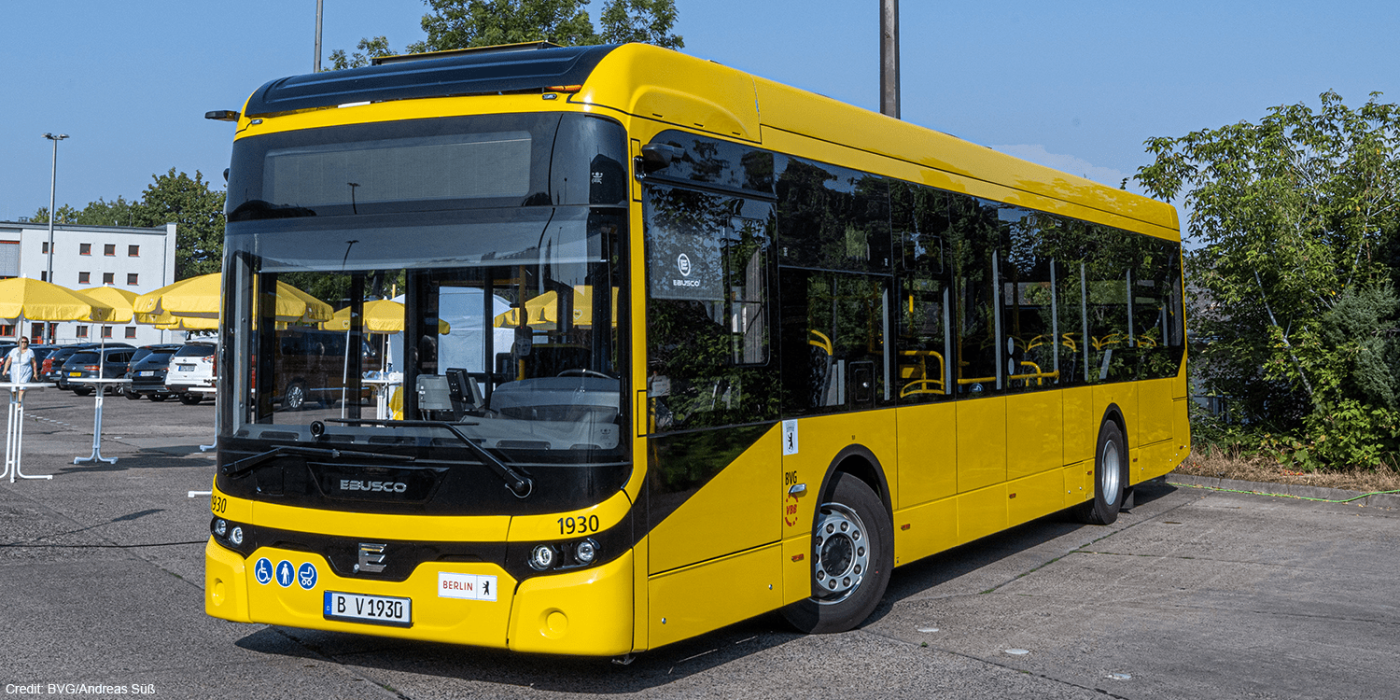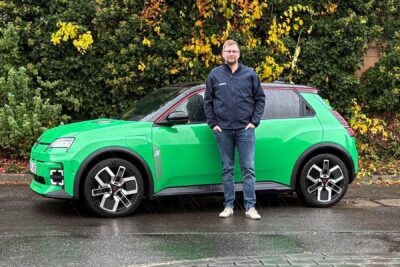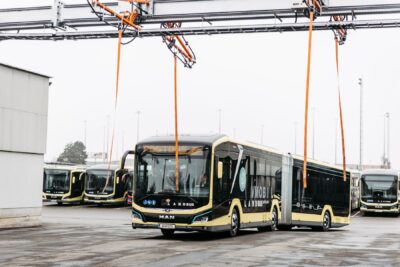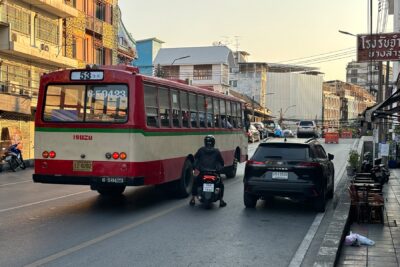Start of construction for BVG electric bus depot in Schöneweide
BVG emphasises that the construction phase that has now been initiated means that a new bus depot is being built for the first time in almost 60 years. And it describes the future depot as ‘an important step towards greater stability and the decarbonisation of the bus fleet’. The new building on Köpenicker Landstraße is part of the new depot in Schöneweide and is scheduled to go into operation in 2027. However, the new building was originally due to start earlier, which also led to a cut to the budget for BVG’s electric bus purchases in 2024.
Now that construction has begun, BVG has stated that the new depot will play an important role in the maintenance and parking of the new e-buses: In addition to a workshop and service hall, a modern administration building as well as parking and charging facilities for around 200 electric buses are to be built on the approximately 44,000 square metre site. Together with the depot on Säntisstraße, which will soon be built in Marienfelde, and the existing areas, BVG will then have eight bus depots.
“This depot is a real milestone for our city, as it will enable us to put 200 additional electric buses into service,” commented Henrik Falk, CEO of BVG, adding: “This will not only make our service more stable, but will also make Berlin’s air a little cleaner again.” BVG has commissioned a consortium consisting of the two construction companies Matthäi and Karl Weiss to carry out the construction work on Köpenicker Landstraße. In addition, Dress & Sommer has been in charge of project management since the start of planning and construction supervision since the start of construction. BVG has not yet provided any further details on the planned loading facility in its press release.
However, it is known that the company wants to have at least 500 electric buses in use by 2027, which will be charged in the depots, but also partly during regular service at a total of 36 terminal stops. However, BVG has now softened its target of complete electrification by 2030: since the beginning of the year, those responsible have been talking about the 2030s, and HVO is also to be used as a transitional fuel.
Henrik Falk assumes that battery-electric buses will make up a majority of 80 or 90 per cent of Berlin’s mobility system by 2035; for the remaining ten to 20 per cent, he sees HVO100 fuel made from waste and residual materials as an option. The BVG CEO made this statement in January in an interview with the German publication Tagesspiegel Background. BVG is thus moving away from its earlier, more ambitious targets. A similar softening of the electric bus targets, at least as far as the timeframe is concerned, was also recently announced in Hamburg.
bvg.de (in German)





0 Comments